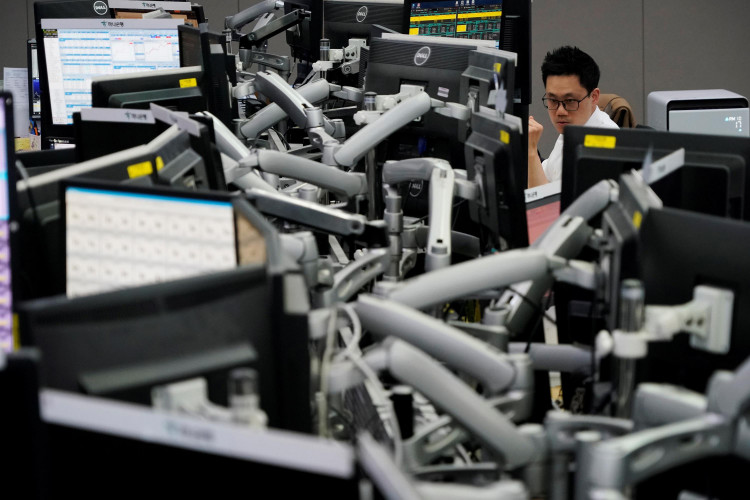The central bank of South Korea announced on Monday that it has launched a pilot project for bitcoin to test its capacity to issue such electronic currencies.
Last month, the pilot system was activated and will be completed by the end of 2021. The objective of the trial is to strictly to define the required technologies and legal parameters needed to develop and circulate a new virtual money.
In the technological side, the BOK will identify the architecture of the central bank digital currency (CBDC), an operation system of the infrastructure, and whether it would be feasible to incorporate blockchain technology in the country's finance market.
On the legal aspect, when implementing CBDC, the system will examine anticipated legal problems, and accordingly prepare a detailed reform plan for the Bank of Korea Act.
The cryptocurrency blueprint will be carried out in the following timeframe: CBDC specification and criteria definition: 5 months; Technology review: 5 months; Business process analysis and consultancy: 4 months; CBDC pilot device development and testing: 12 months.
The world is going through a crippling health crisis, with a growing number of coronavirus cases in many countries causing economic instability. The International Monetary Fund has announced a global recession, saying at least 80 countries have sought aid.
Nevertheless, a number of countries have made announcements about their crypto-currency legislation, and one of them is South Korea.
The Bank of Korea initially proposed doing work on CBDC in December 2019. At the time the central bank employed experts to research CBDCs and evaluate digital currency projects in other countries.
Recently, the Bank of International Settlements (BIS), considered as the "central bank of central banks," said a change in payment behavior brought about by the coronavirus pandemic, and fears that physical cash could be a vector for the spread of the disease, might spur demand for digital methods such as Korea's CBDC.
Meanwhile, there have been some positive regulatory news from last month against a bleak macro backdrop. A French court has ruled that bitcoin is a legitimate currency. The Indian Supreme Court overturned India's ban on crypto-banks, and South Korea has now fully allowed crypto-assets within its borders.
The South Korean National Assembly passed new legislation on March 5 that can be described as the most comprehensive national legislation on crypto-asset regulators have seen to date.
The amendment to the Specific Financial Information Reporting and Use Act fully recognizes digital currency assets as part of the country's financial backbone and, as such, legalizes the trading and holding of bitcoin and other electronic assets.






